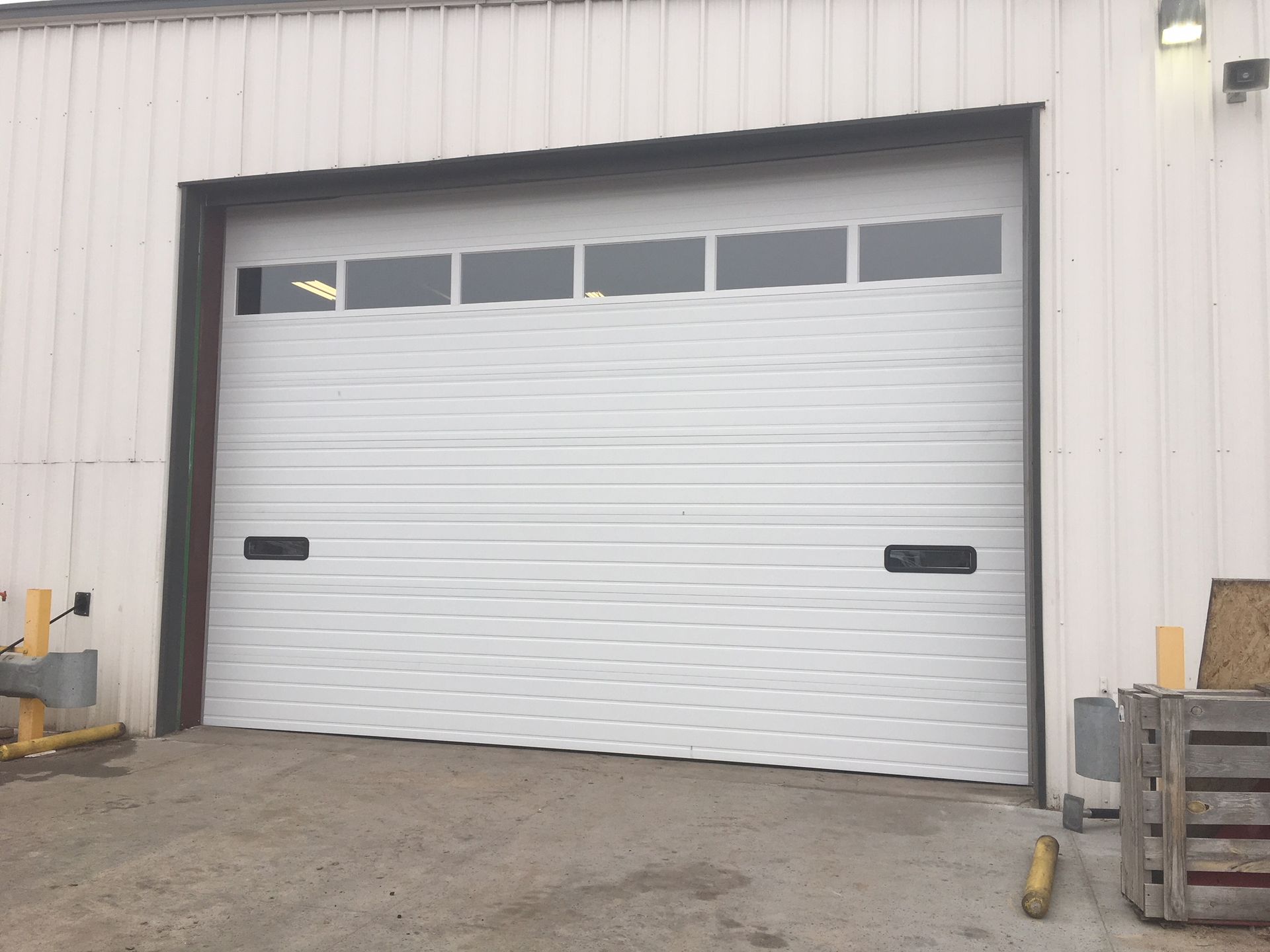Overhead doors have come a long way since their inception. From early manual designs to today's smart technology, the evolution of these essential components has been nothing short of remarkable. Let’s take a journey through time and see how overhead doors have evolved to meet the needs of modern living.
When Overhead Doors Were Manual
The earliest overhead doors were rudimentary yet functional. Designed to provide basic security, these doors often required significant effort to open and close. While functional, they lacked the ease of use and sophistication we enjoy today.
Automated Doors: A Game Changer
The mid-20th century saw a significant innovation: automated garage doors. The integration of motorized systems allowed users to operate doors effortlessly, revolutionizing convenience. Automated systems quickly became a standard feature in homes and businesses alike.
Emergence of Smart Technology
The digital age has ushered in the revolution of smart overhead doors. These advanced systems offer connectivity, allowing users to manage access via smartphone apps or voice-activated devices like Alexa or Google Assistant. Smart garage doors provide features such as instant notifications, offsite control, and integration with home automation systems.
Smart Overhead Doors: Key Benefits
Smart garage doors offer numerous advantages:
- Enhanced Security: Keep track of and control your door remotely to ensure it’s always closed and secure.
- Convenience: Operate your garage door from anywhere in the world, perfect for package drop-offs or guest access.
- Energy Efficiency: Many systems provide insights into usage patterns to help optimize energy consumption.
- Integration: Seamlessly connect with other smart home devices for a fully automated experience.
The Future of Smart Garage Doors
The future of overhead doors promises even more exciting advancements. AI-powered systems, biometric access, and improved energy efficiency are just a few of the trends on the horizon. As technology continues to evolve, overhead doors will play an even greater role in shaping modern living and convenience.
